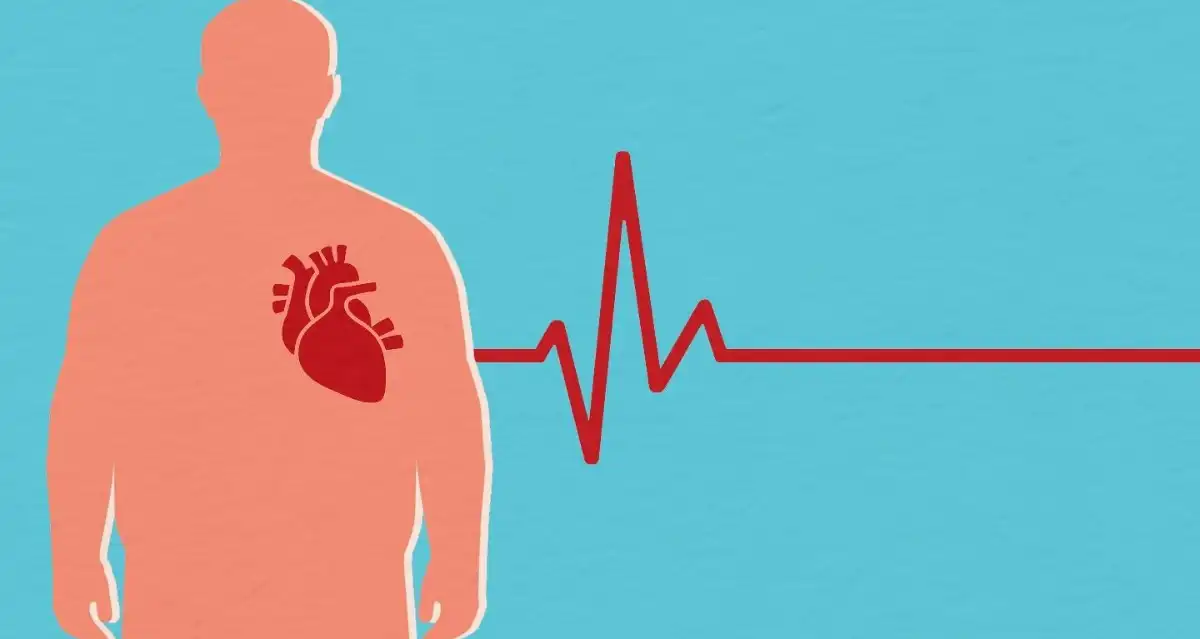Fatal Heart Attack Vs Heart Attack: A heart attack, also known as myocardial infarction, occurs when there is a blockage in one or more of the coronary arteries that supply blood to the heart muscle.
This blockage can cause a section of the heart muscle to become damaged or die, leading to chest pain, shortness of breath, and other symptoms.
A fatal heart attack is a heart attack that leads to the death of the person experiencing it. In other words, a fatal heart attack is a heart attack that is severe enough to cause death.
The main difference between a heart attack and a fatal heart attack is the outcome.
A heart attack can be treated and managed with medications, lifestyle changes, and medical procedures such as angioplasty or stent placement to open the blocked artery.
However, a fatal heart attack is one that is severe enough that the damage to the heart muscle is too extensive and cannot be reversed, leading to death.
It is important to note that not all heart attacks are fatal, and prompt medical attention can greatly improve the chances of survival and reduce the risk of complications.
Therefore, recognizing the symptoms of a heart attack and seeking medical help immediately is crucial to prevent a heart attack from becoming fatal.
Also Read: How Heart Attack Symptoms In Women Differ From Men
What Is the Difference Between Fatal Heart Attack Vs Heart Attack
While heart attacks and fatal heart attacks share some similarities in terms of their symptoms and causes, they differ in their severity and long-term impact on the body.
One of the main differences between heart attacks and fatal heart attacks is the extent of damage that occurs to the heart muscle.
In a heart attack, the amount of damage to the heart muscle depends on several factors, including the location and size of the blockage, the duration of the blockage, and the individual’s overall health.
A heart attack can cause a range of symptoms, from mild discomfort or pressure in the chest to severe chest pain, shortness of breath, nausea, and sweating.
On the other hand, a fatal heart attack is a heart attack that causes extensive and irreversible damage to the heart muscle, leading to death.
Fatal heart attacks are often caused by complete blockages of one or more of the coronary arteries, which can occur suddenly and without warning.
Another difference between heart attacks and fatal heart attacks is their long-term impact on the body.
While surviving a heart attack can be a life-changing event, it is possible to recover and resume normal activities with the help of medications, lifestyle changes, and medical interventions.
A fatal heart attack can have long-lasting effects on the body and the loved ones of the person who passed away.
For example, the emotional impact of losing a loved one to a fatal heart attack can be profound and long-lasting.
The suddenness and unpredictability of a fatal heart attack can leave family members and friends feeling shocked, confused, and devastated.
